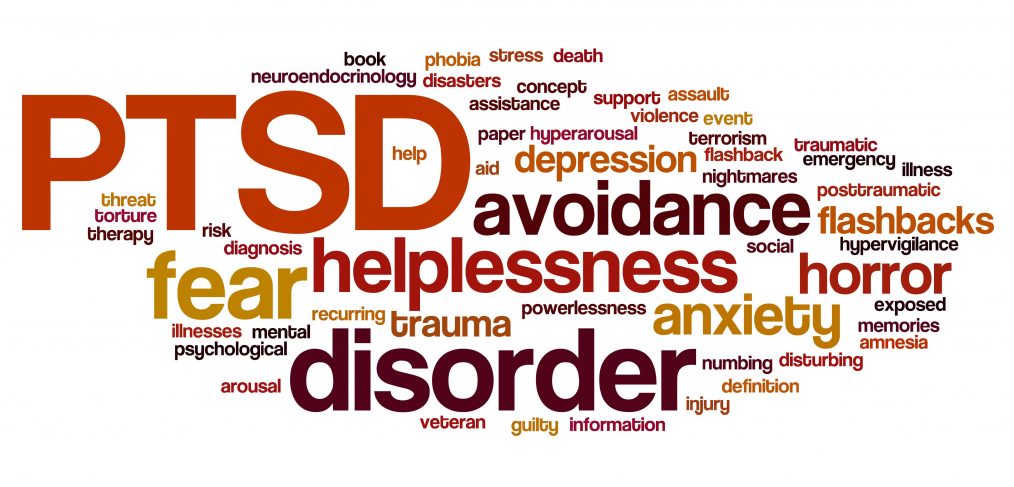
The diagnosis and treatment of PTSD is a highly complex topic
There are many factors that make the symptoms of PTSD different from those of other illnesses, making it difficult to identify the underlying cause or even to find out what treatments might be effective.
Most doctors have little knowledge of PTSD and what triggers the condition, making it difficult for them to provide a clear definition of what PTSD is or how to diagnose and treat the condition. Unfortunately, many psychiatrists who are trained in this field do not take the time to explain the possible implications of using an ineffective method to treat a patient. It can be very frustrating to try and treat a patient with medications and treatment methods that do not work.
There are four main types of PTSD. Each of these types has different symptoms. The most common type of PTSD is PTSD, also known as PTSD. It is also the most severe type of PTSD and makes it difficult for many people to recognize symptoms or understand what is at stake.
Post-traumatic stress disorder (PTSD) is a mental health condition that involves persistent memories of a traumatic event. While many people experience memories in their daily lives, few suffer from PTSD. Some people with PTSD also experience memory loss and difficulty concentrating. You will learn more about the causes and symptoms of this disease at iHealzy Thailand.
One way to accurately determine if a person has PTSD is to use the definition of PTSD. The definition of PTSD is often based on a standard assessment of PTSD, which will include a structured interview that asks questions about symptoms and past traumas that may have led to current symptoms. The definition of PTSD is also often based on the type of PTSD symptoms present. For example, if a person has memories from a certain type of trauma, that person may have PTSD. If a person suffers from memory problems and problems concentrating, they may suffer from post-traumatic stress disorder.
The best way to treat PTSD is to identify its causes and the triggers that may be causing the symptoms. This information is important so that the patient can learn to cope with symptoms and reduce their anxiety. PTSD is often treated with psychotherapy and antidepressants, which can help in some cases.

In other cases, PTSD is treated with medication. Many psychiatrists and psychologists specializing in PTSD recommend medication for patients suffering from flashbacks or blackouts. Other medicines such as Zoloft, Paxil, or Effexor may be used to treat these symptoms. but they are not used as often as other drugs commonly prescribed for PTSD.
As you can see, there are many factors governing the definition of what PTSD is and the definition of the disorder, making it difficult to find a definition. While many people seek help from a mental health professional when they suspect they may have PTSD, there are still many people who do not know they have a problem. It is important for you to know that there is help available if you are truly suffering from PTSD symptoms.
For people who suffer from PTSD symptoms, the good news is that there is help available. Many people have learned to cope with their PTSD without the help of mental health professionals, although they may have had some type of treatment in the past, and now they are able to get through their PTSD without the help of a professional.
If you are unsure whether or not you have PTSD, don't hesitate to get help. There is no reason to suffer or be embarrassed because of a condition that affects so many people around the world. You need to find a qualified therapist or psychiatrist and find a suitable course of treatment that will be effective for you.
A PTSD definition of the disorder will tell you that this condition can cause nightmares, flashbacks, memories, memory lapses and memory problems. and an inability to concentrate.

